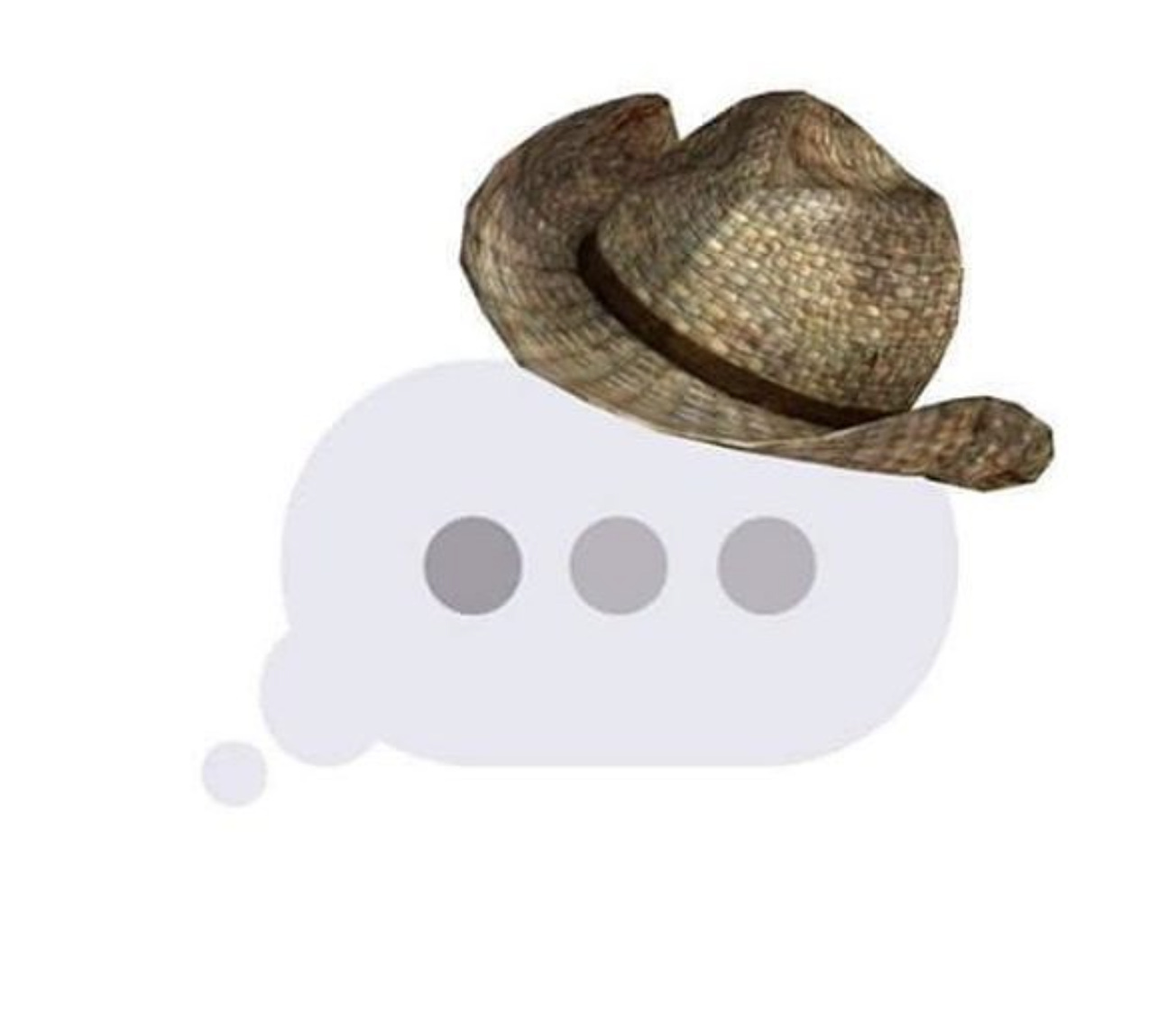This is a summary of our most recent discussion series, where we get together and discuss a CTech concept and its social ramifications. This week - recommender systems and online dating.
Last Wednesday, we had our first discussion on the topic of dating and AI. As dating apps like Tinder and Bumble have become increasingly popular over the past decade, they have started to play more of a role in the dating scene. Naturally, the RAISO community was excited to discuss the ethical, psychological, and philosophical implications of this technology come with it.
Swipe right for dating apps
Our meeting kicked off with a poll to gauge various opinions on different dating platforms. From the attendees, the response was mostly positive or neutral, with 47% labeling dating apps as an advancement in social interaction and only 13% labeling dating apps as a threat to society. The other 40% felt the truth about dating apps was somewhere in the middle of these two extremes.
Blind dates
A major point of debate in our discussion revolved around how users are represented in these algorithms. Can our identities be quantified and vectorized in a way that accurately portrays us to potential matches? Sachin Srivastava, our education program chair, brought up the point that many of these apps tend to have a “simulated” version of a person presented on a platform, and people may become attached to an idea of a person rather than their true self.
Most seemed to agree that our representation of dating apps is quite narrow, but this does not mean it is useless. Jack Burkhardt mentioned that these representations can help people “get a glimpse at people who may love in the same way you do.”
Beyond our individual identities, we also questioned if love can even be reduced to a set of desirable characteristics or if it is something more?
Parveen Dhanoa pointed out the uncertainty and unpredictability that goes along with getting to know someone organically, saying “I feel like, in terms of romance, you may not always know the best person that will be right for you.” Since dating apps show you matches based on your historical preferences, there is a limit to how much exploration you can do into what characteristics are important to your romantic relationships (or even into what love looks like to you).
Hijacking our hardware
One issue frequently referenced during our discussion was the impact of dating apps on mental health. By “game-ifying” dating (as mentioned by Alissa Algarin), we can get a massive dopamine hit when we match with someone, leading to increased use of or even an addiction-like response to dating sites. This can make it extremely hard to “detox” from these apps (one of the only ways average users can combat these major tech companies - who have lots of intelligent people working to keep users hooked to their services for longer, Sachin points out). Conversely, getting constantly rejected can lead to negative or emotional responses from users.
This brings up the question, how can we regulate our behaviors to balance our mental health with our more primal desires to match with someone romantically? However, instead of asking this question, perhaps we should be asking why the burden is on the user to change their behaviors to fit the dating service rather than changing the services to better support the users?
Learning more
Check out this video to learn more about how AI algorithms are applied in this context, and check out this one to learn more about the philosophical side of online dating.






